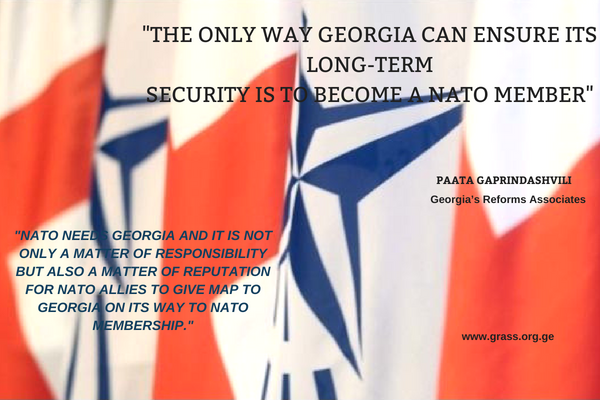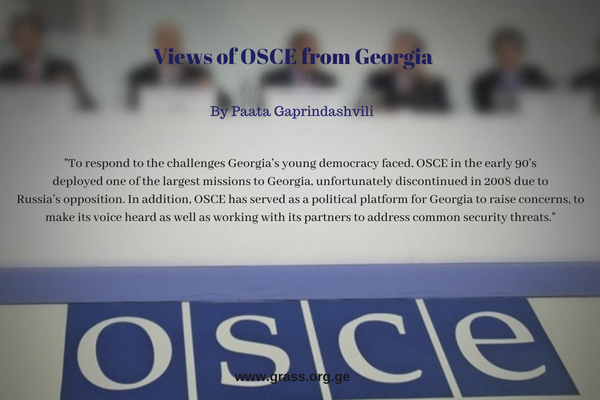A Need for Credible EU Strategy for the Eastern Partnership

16 July, 2020
0
Authors: Paata Gaprindashvili, Mariam Tsitsikashvili
Launched in 2009, the Eastern Partnership (EaP) has been instrumental in bringing the EU and the six partner countries (Armenia, Azerbaijan, Belarus, Georgia, Republic of Moldova and Ukraine) closer together. Despite significant external and internal challenges along the road, thus far the policy has demonstrated its ability to promote greater stability, prosperity and resilience at the EU’s eastern frontier.
The partnership has sought to develop according to the interests, ambitions and progress of each partner, marked by Association Agreements (AA), including the Deep and Comprehensive Free Trade Areas (DCFTAs) as well as visa-free regimes with three partner countries (Georgia, Ukraine, Republic of Moldova – the EU Associated Trio) together with a Comprehensive and Enhanced Partnership Agreement with Armenia and a tailor-made engagement with Azerbaijan and Belarus. The partnership has inclusively delivered for all: EU-EaP trade has nearly doubled, turning the partner countries as a group into the EU’s tenth largest trading partner, creating or sustaining more than 250,000 jobs and enabling over 125,000 SMEs to benefit directly from EU funding.[1]
Crisis is the best test of friendship, and the EU has successfully passed this test by swiftly holding out a helping hand to its EaP partners during the coronavirus outbreak. The European Commission has mobilised an emergency support package for its EaP partners, comprising €80 million for immediate needs and up to €900 million in support for their short and medium term social and economic recovery.[2]
The EaP will eventually play much more significant role for the EU politically, economically and in terms of security, perhaps even a greater role than that of the Western Balkans. The success of transformation and democratisation in the EaP can offer up a positive example for other countries in the wider Eurasian continent, not to mention the fact that the EaP is key to the EU’s access to Central Asia.
The article was written in the framework of the project “Eastern Partnership 2.0” led by the Center for Liberal Modernity. The article was originally published on https://libmod.de/a-need-for-credible-eu-strategy-for-the-eastern-partnership/



